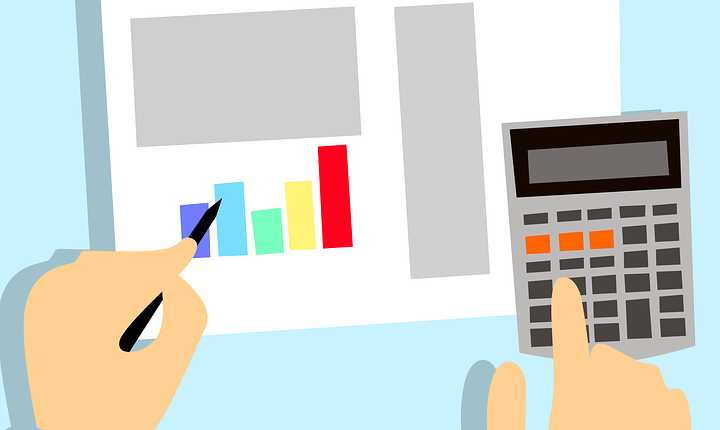For every individual, it is imperative to conduct an annual financial check-up to ensure that financial goals are suitably addressed while making the most of investments and gaining through tax efficiency, and building a corpus to address concerns in the long run.
Account for changes in personal life: Any form of life changes such as the birth of a child, children moving to college education, change in tax status, among others, calls for updation of bank accounts, nominations, etc.
Update financial goals from time to time: Financial objectives are very much likely to be influenced by personal changes. In this regard, there is a need to analyse any change in long-term savings goals (retirement income or date), intermediate-term savings goals, or the ability to save through a change in income or expenses, etc.
Remain prepared to face the unexpected: There is a necessity to build an emergency fund to address any economic uncertainty. Ideally, there is a need for liquid assets to cover about three to six months of expenses. An individual should look into dipping into emergency savings only under extreme compulsion. Also, ensure replenishment of the emergency fund from time to time.
Undertake a review of the investment strategy: At least one time annually, analyse the target asset mix to keep the focus on risk tolerance, needs, and preferences, etc. And if need be, undertake rebalancing in comparison with the market performance of the previous year.
How to zero in on the right investment strategy
Aim to build a diversified portfolio: As an investor, look forward to building a diversified portfolio. This can be undertaken by considering diversification within each asset class, which could be stocks, bonds or cash, etc, whose returns did not historically move in the same direction as well as degree. This ensures that even if a portion of the portfolio witnesses a dip, the rest may continue to grow irrespectively.
Look out for tax efficiency: This way, an added advantage would be that better tax awareness could improve returns. While there is no control over market returns or tax laws, an individual can gain control by choosing assets that offer certain tax advantages.
Understand the necessity for income protection: It is equally important to analyse the total insurance needs on an annual basis to understand that they have the right amount and type of insurance scheme to address any eventuality which could have a severe impact on a financial plan. An individual can look at life insurance at the earlier stage in life and can look forward to reducing it subsequently and focusing more on savings in a health savings account or retirement account.

Rajiv is an independent editorial consultant for the last decade. Prior to this, he worked as a full-time journalist associated with various prominent print media houses. In his spare time, he loves to paint on canvas.





